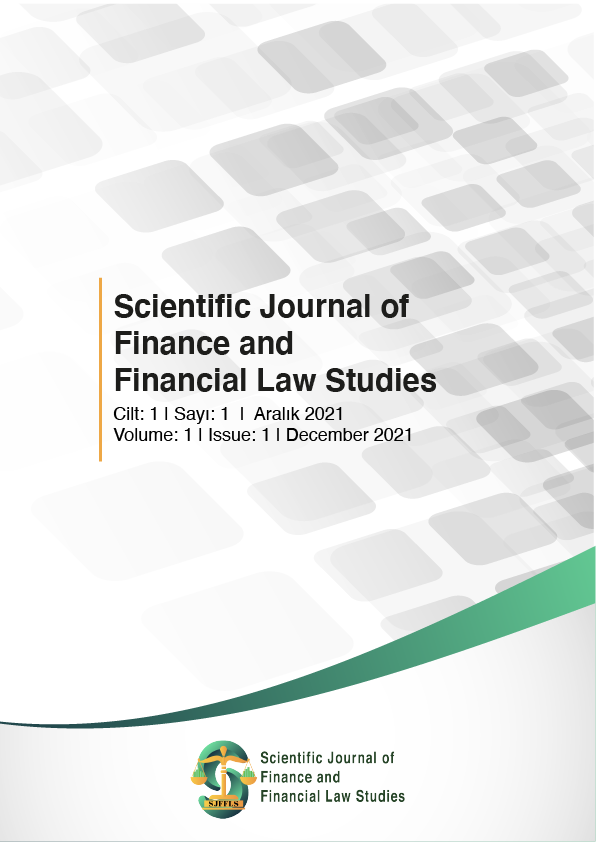ANALYSIS OF INTERNAL AUDIT PRACTICES IN PUBLIC ADMINISTRATION FROM PUBLIC FINANCIAL MANAGEMENT AND HEALTH ECONOMY PERSPECTIVE: T.R. MINISTRY OF HEALTH ANALYSIS
Keywords:
Health Economics, Internal Audit, Effectiveness, Efficiency, Public Health Expenditures.Abstract
In the Turkish public administration system, with the Public Financial Management and Control Law No. 5018, which came into force in 2003, various mechanisms have been developed for the evaluation of public resources according to the principles of economy, effectiveness, and efficiency. At the forefront of these mechanisms are internal audit units, which are formed directly under the top manager, taking into account the structure of public administrations and the number of personnel. By establishing an internal audit unit in the Ministry of Health, as in other ministries; It is aimed to use the resources allocated to the ministry according to the principles of economy, effectiveness and efficiency. The material of the study consists of the annual corporate activity reports of the Internal Audit Coordination Board, in which the internal audit activities in the Turkish public administration system are handled as a whole. Document analysis was preferred as the research method. In the relevant legislation of the Ministry of Health, it is foreseen that the internal audit unit will conduct risk-based compliance, performance, financial, information technology and system audits in order to ensure effectiveness, efficiency and economy in the use of resources. It is understood that the mission is to add value to the health system by making evaluations, making suggestions and assisting the administration through internal audits. When the annual reports are examined, it is understood that the information on how internal audit adds value to the health system is limited. We believe that the contributions of the internal audit units to the development of the Turkish health system should be shared with a more concrete and governance approach. In other words, it is considered to be open to development to keep information about internal audit activities in health institutions accessible to all stakeholders. In addition, it is foreseen that the internal audit system can be improved with economic evaluation studies such as cost effectiveness, cost benefit, cost value analysis. It is thought that economic evaluation methods can also contribute significantly to the studies of the Ministry of Health on the sustainability of public health systems.


